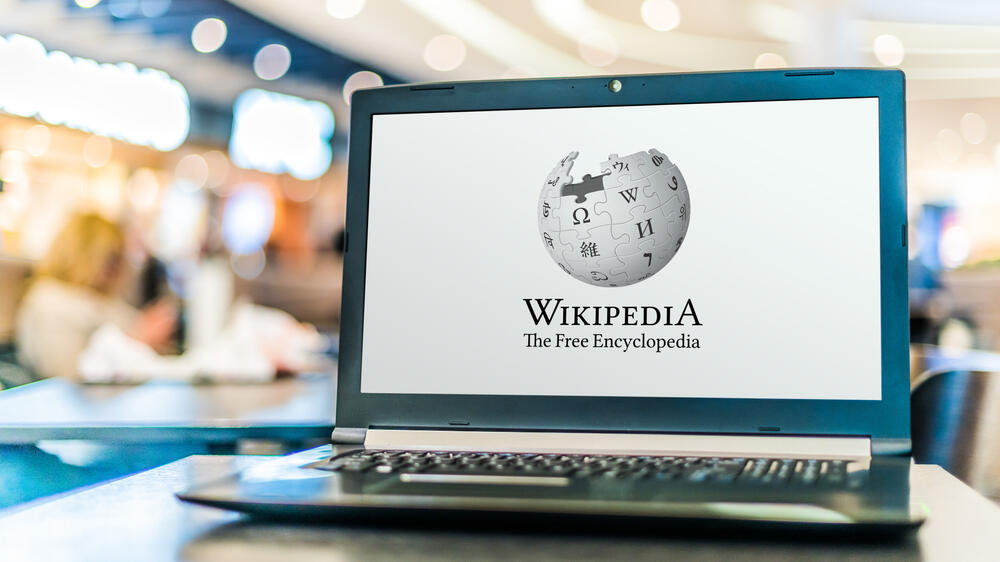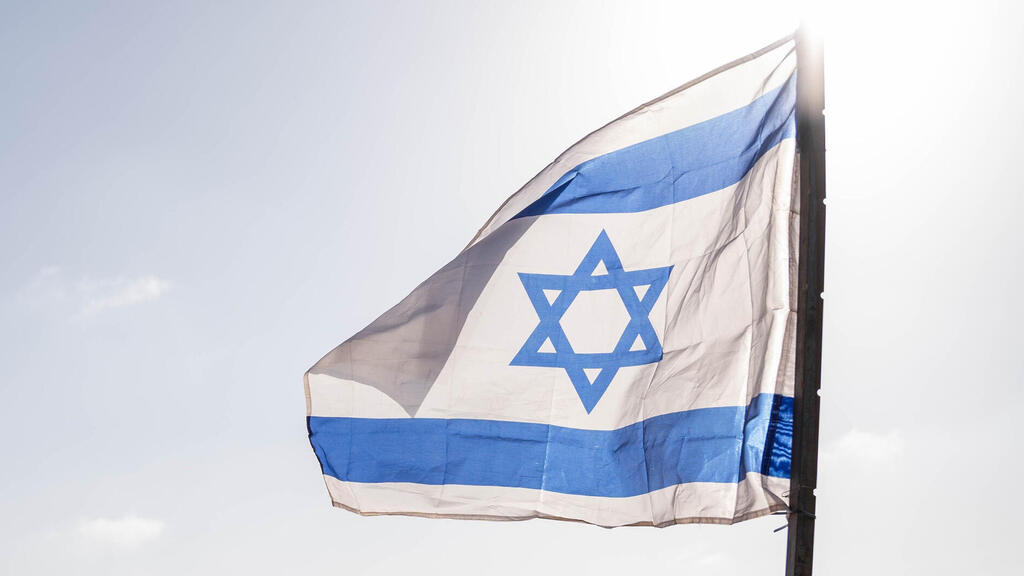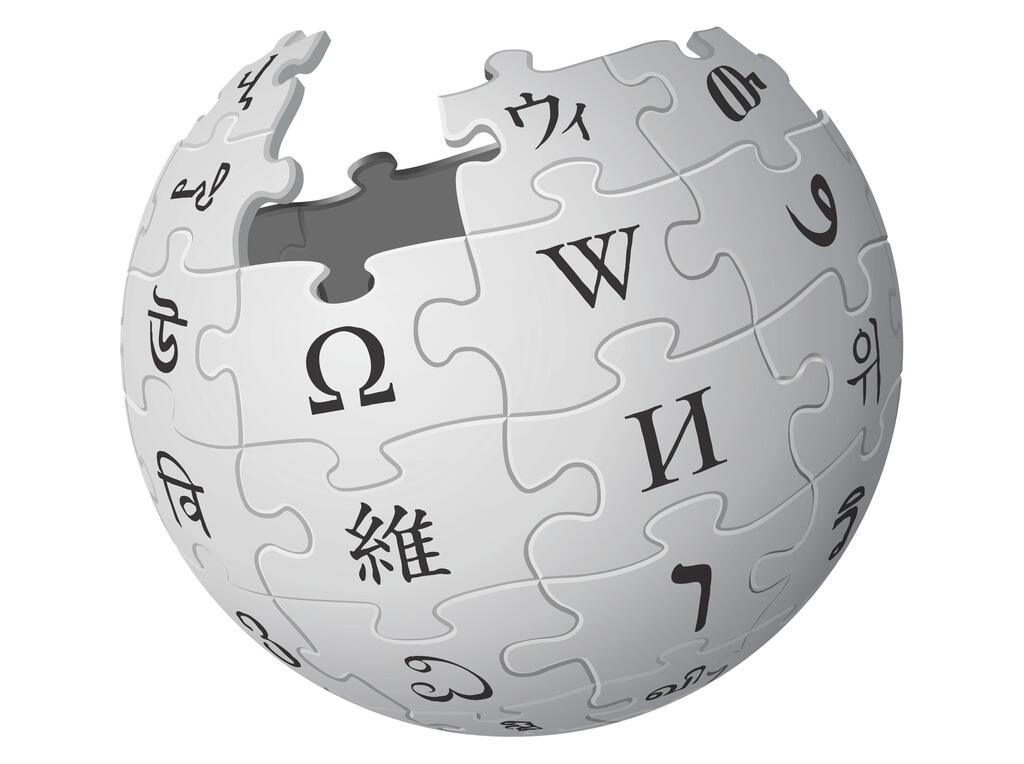Getting your Trinity Audio player ready...
In March 2024, I prepared a report for the World Jewish Congress (WJC) addressing the Bias against Israel on English Wikipedia, which I later presented at the United Nations in Geneva. The report generated considerable interest among international delegations and was covered by the media.
However, my efforts to engage the English Wikipedia community were dismissed, and attempts to engage Wikimedia on these issues yielded no results. This outcome, while disappointing, aligns with previous academic studies on Holocaust-related distortions, which also failed to spur corrective action within the community.
What I did not anticipate was a further intensification of bias. Over recent months, editing practices have worsened in articles related to Israel, its conflicts and its heritage. One of the most glaring examples is the article on Zionism. A comparison of the content before and after October 7 illustrates how selective editing promotes specific political perspectives at the expense of historical nuance as can be seen in the before and after quotes:
Previous article text (as of September 23, 2023):
Zionism (Hebrew: צִיּוֹנוּת Tsiyyonut [tsijoˈnut] after Zion) is a nationalist movement that emerged in the 19th century to support the establishment of a homeland for the Jewish people in Palestine, a region roughly corresponding to the Land of Israel in Jewish tradition. Following the establishment of Israel, Zionism became an ideology that supports 'the development and protection of the State of Israel.'
Current text (as of October 23, 2024):
Zionism is an ethnocultural nationalist movement that emerged in Europe in the late 19th century and aimed for the establishment of a Jewish state through the colonization of a land outside Europe. With the rejection of alternative proposals for a Jewish state, it eventually focused on establishing a Jewish homeland in Palestine, a region corresponding to the Land of Israel in Judaism, and of central importance in Jewish history.
Zionists wanted to create a Jewish state in Palestine with as much land, as many Jews, and as few Palestinian Arabs as possible. Following the establishment of the State of Israel in 1948, Zionism became Israel’s national or state ideology.
This revision shows a significant shift from neutrality, using unsophisticated and simplified rhetoric, as seen in statements like, “Zionists wanted to create a Jewish state in Palestine with as much land, as many Jews, and as few Palestinian Arabs as possible.”
This choice of language reinforces bias and overlooks the historical evidence of the Zionist movement’s willingness to coexist with the Arab population, consider land division proposals, and emphasize the deep historical, cultural, and religious connection between Jews and the Land of Israel.
Substantial distortion
The distortion is so substantial that AI tools have flagged the article as biased, a view echoed by respected scholars in history and Middle Eastern studies, including Prof. Eric Mechoulan, Dr. Kobby Barda, and Dr. Adi Schwartz. As Mechoulan notes, “you can’t colonize without a metropolis! There is no Jewish state from where to send colonists.”
But what would it look like if the shoe were on the other foot? To illustrate the impact of this approach, imagine how the article on Palestine might appear if nationalist-biased editors treated it the same way as the Zionism article.
Here is the current version:
Palestinians (Arabic: الفلسطينيون, romanized: al-Filasṭīniyyūn) are an Arab ethnonational group native to the region of Palestine.
"In 1919, Palestinian Muslims and Palestinian Christians constituted 90% of the population of Palestine, just before the third wave of Jewish immigration and the establishment of British Mandatory Palestine after World War I.
Opposition to Jewish immigration spurred the consolidation of a unified national identity, though Palestinian society was still fragmented by regional, class, religious, and family differences. The history of the Palestinian national identity is a disputed issue among scholars.
For some, the term 'Palestinian' is used to refer to the nationalist concept of a Palestinian people by Palestinian Arabs from the late 19th century and in the pre-World War I period, while others assert the Palestinian identity encompasses the heritage of all eras from biblical times up to the Ottoman period.
After the Israeli Declaration of Independence, the 1948 Palestinian expulsion, and, more so, after the 1967 Palestinian exodus, the term "Palestinian" evolved into a shared aspiration for a Palestinian state.
This is how the article might look if it were subjected to a similar bias as seen in the Zionism article:
Palestinians (Arabic: الفلسطينيون, romanized: al-Filasṭīniyyūn) are an Arab ethnonational group with historical ties to neighboring regions like Egypt, Lebanon, Syria, and Jordan. Over centuries, some communities settled in the land known historically as Israel after the Jewish exile.
By 1919, the population of Palestine included approximately 700,000 Arabs, both Muslims and Christians, and around 85,000 Jews. Under British Mandate rule, the area was administered as 'Palestine' for 25 years. The Palestinian nationalist movement, emerging in the mid-20th century, has since focused on establishing an independent state, often positioning itself in opposition to Israel.
While it calls for self-determination, the movement sometimes frames the conflict in zero-sum terms, challenging the Jewish historical connection to the land and at times complicating efforts toward peace and mutual recognition.
While one-sided editing of articles on Palestine would likely not be tolerated, similar biased approaches have taken hold in Israeli and Jewish-related articles.
So, what’s going on here? Reviewing talk pages reveals a pattern where certain editors, with vested interests, block efforts to balance portrayals — even when presented with credible evidence supporting alternative perspectives. This hijacking of neutrality — the true “crime of the century” on Wikipedia—undermines its reputation as a reliable information source.
Active measures are essential to address these issues. Engaging expert oversight and using AI to monitor potential biases could restore integrity. Wikipedia’s community must prioritize its commitment to the Neutral Point of View (NPOV) policy.
 Dr. Shlomit Aharoni Lir Photo: Sharon Langer
Dr. Shlomit Aharoni Lir Photo: Sharon LangerWithout these essential safeguards, Wikipedia risks undermining the trust of its vast readership. If biases remain unaddressed, the platform could face significant criticism and potential legal scrutiny, prompting search engines like Google to reconsider its prominence in search results.
To preserve its integrity and role as a trusted reference, the Wikipedia community must rigorously commit to banning biased zealots and ensuring balanced, impartial content across all articles. The stakes are high, and we all are responsible for upholding these standards.
- Dr. Shlomit Aharoni Lir is a Research Fellow at Bar Ilan University and the University of Haifa and a founding member of Forum Dvorah.
Get the Ynetnews app on your smartphone:





